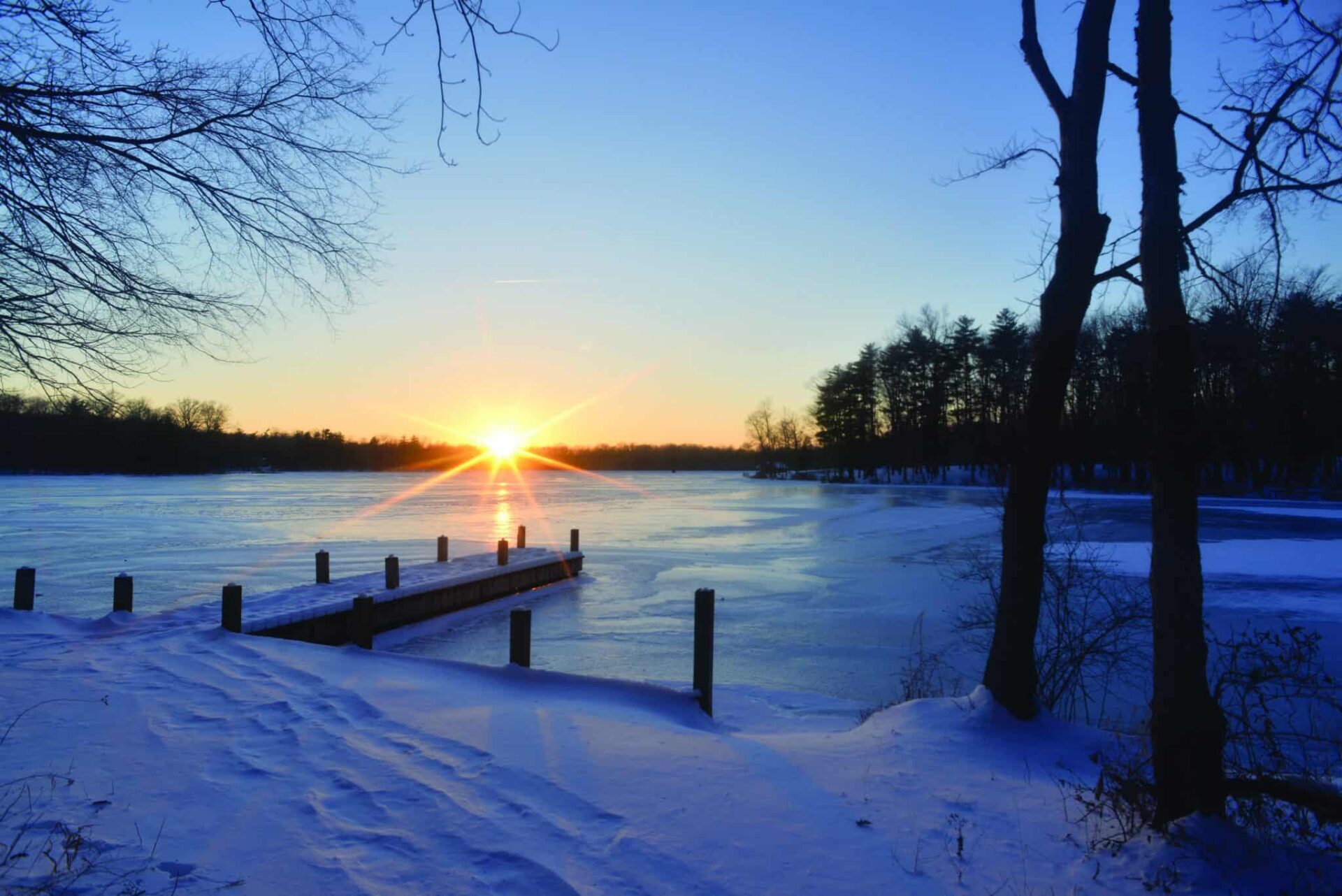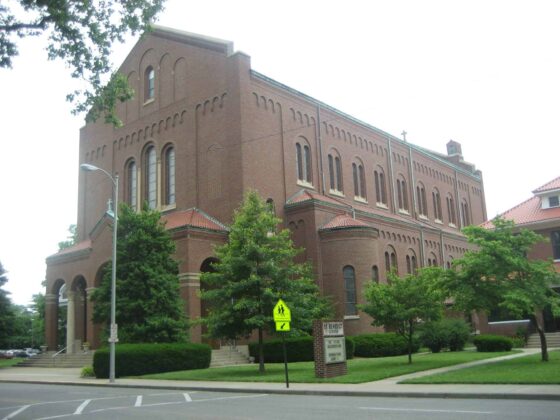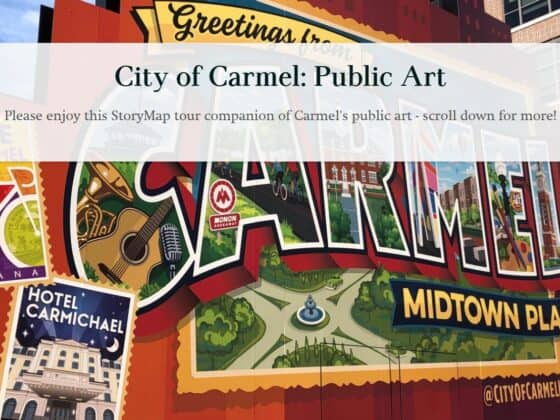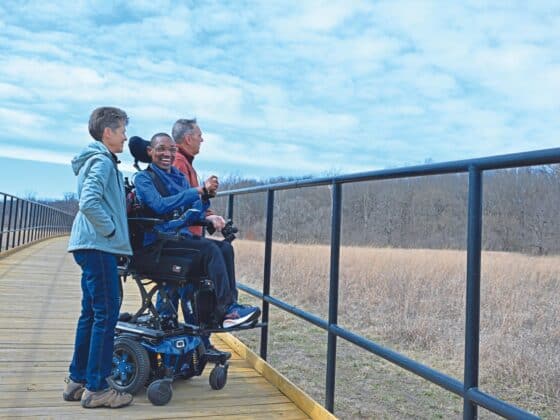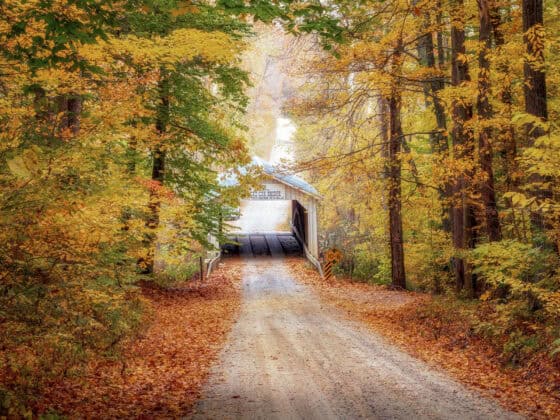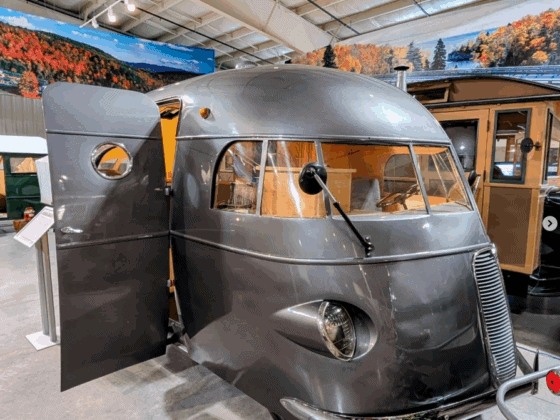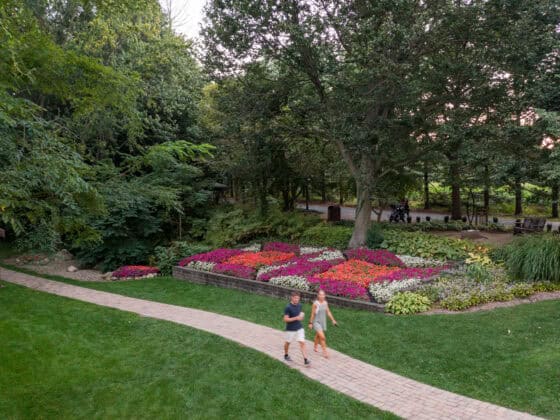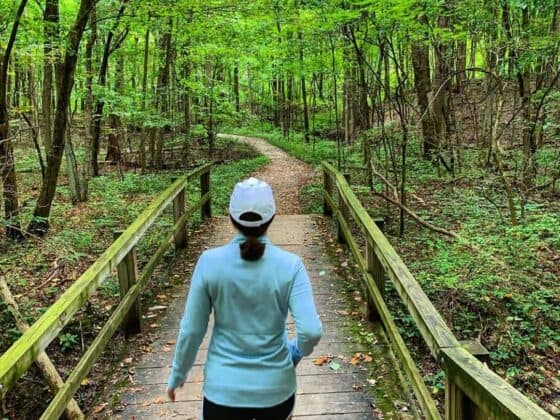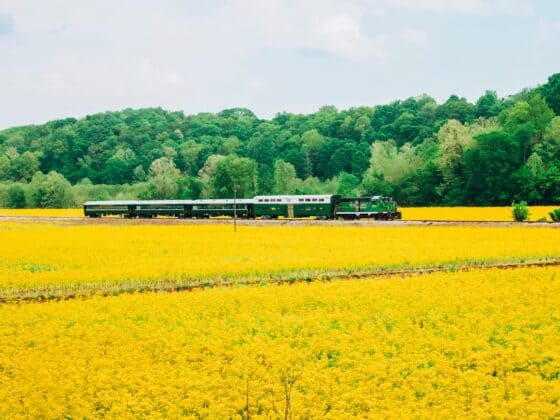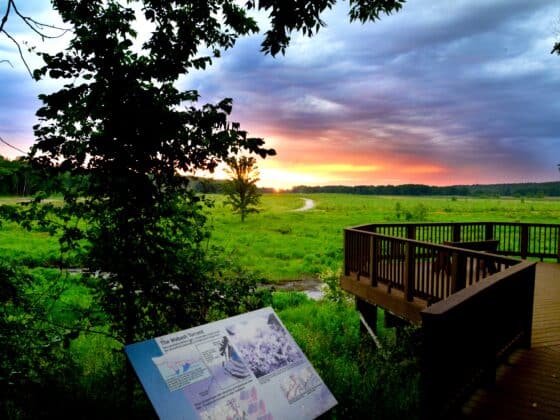Adventure and smaller crowds await winter visitors to Indiana’s state parks
By DNR staff
In Indiana, skunks, groundhogs and some bat species are among the mammals that hibernate. Humans don’t belong in that group for one very good reason — winter is too much fun. It’s true, and if you’re skeptical, a trip to an Indiana State Park is likely to change your mind.
Recreational opportunities, holiday events, and discounted rates at the seven state park inns await the visitor willing to don wool socks and an insulated vest. All of Indiana’s 32 state park properties remain open during winter, and hours of operation are unchanged — 7 a.m. to 11 p.m., local time for most properties.
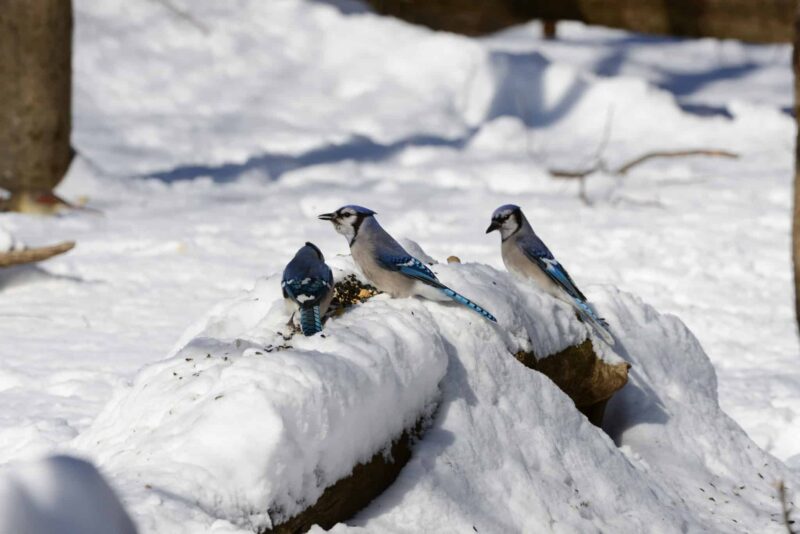 Activities such as hiking, wildlife watching and even camping don’t have to end after Labor Day, or Thanksgiving for that matter. Also, the onset of cold weather offers the chance to cross-country ski, snowshoe, sled and more. If anything, the array of possible outdoor adventures increases. And, with fewer people outdoors, visiting a state park in the winter becomes even more of an escape from the hustle of civilization.
Activities such as hiking, wildlife watching and even camping don’t have to end after Labor Day, or Thanksgiving for that matter. Also, the onset of cold weather offers the chance to cross-country ski, snowshoe, sled and more. If anything, the array of possible outdoor adventures increases. And, with fewer people outdoors, visiting a state park in the winter becomes even more of an escape from the hustle of civilization.
According to Mounds State Park naturalist Kelley Morgan, a winter hike is a great chance to listen for deer, owls and other creatures. Sound travels better when the foliage is gone, and the air is crisp.
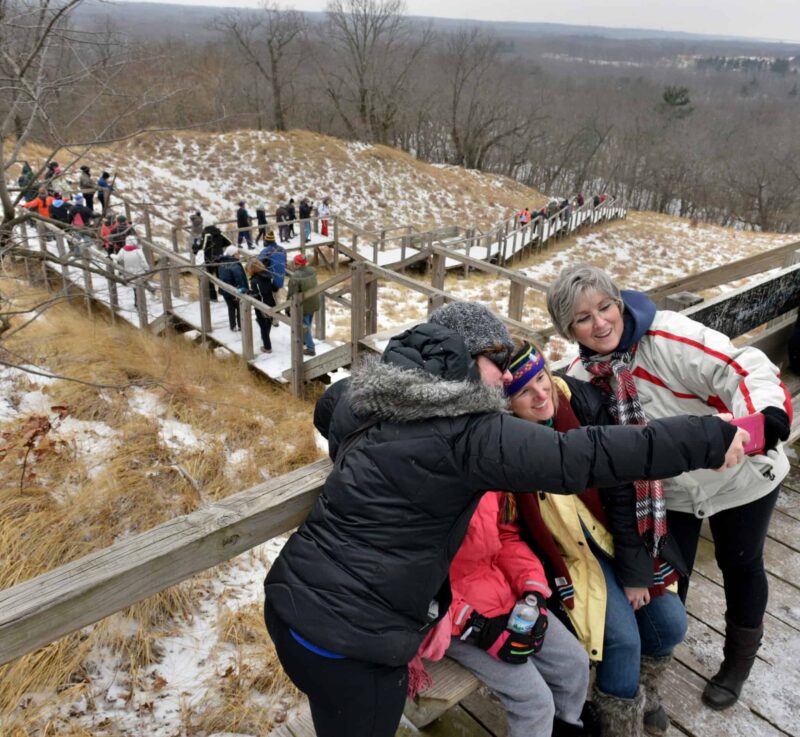
“A winter hike is a great way to experience nature,” Morgan said. “Plenty of people experience state parks in the summer, but state parks are equally awesome in the winter.”
Winter is when state parks host one of the most popular events of all year, the First Day Hikes.
All state parks in Indiana offer a First Day Hike on January 1 as a healthy way to usher in the new year with other outdoor lovers. The hikes are part of a nationwide program promoted by the non-profit organization “America’s State Parks.”
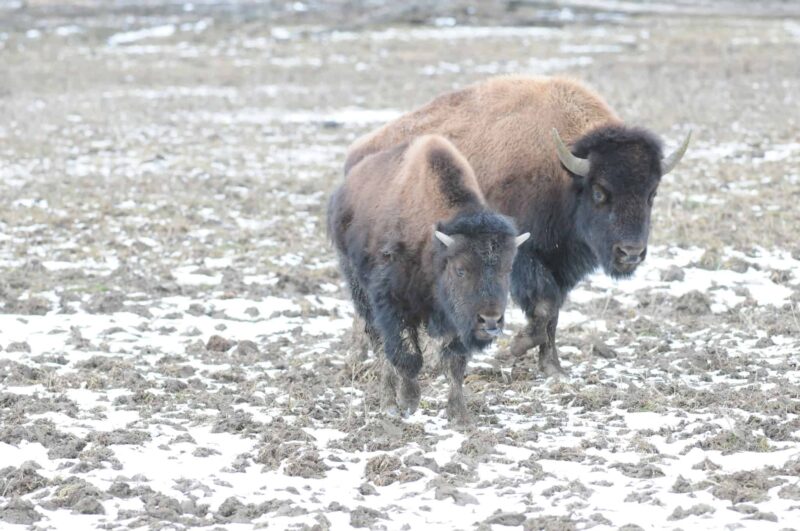 “Our First Day Hikes have grown tremendously,” said Vicki Basman, Indiana State Parks chief of interpretation. “We are happy that so many people choose to be in our beautiful state parks for New Year’s Day. And of course we hope they keep coming back to visit their favorite parks throughout the year.”
“Our First Day Hikes have grown tremendously,” said Vicki Basman, Indiana State Parks chief of interpretation. “We are happy that so many people choose to be in our beautiful state parks for New Year’s Day. And of course we hope they keep coming back to visit their favorite parks throughout the year.”
Hikes range in length from a half-mile to 4 miles. The types of hikes vary, too. In the past, parks have hosted nighttime luminary hikes, hikes with oxen and donkeys, and Tippecanoe River State Park hosts a horseback ride instead of a hike.
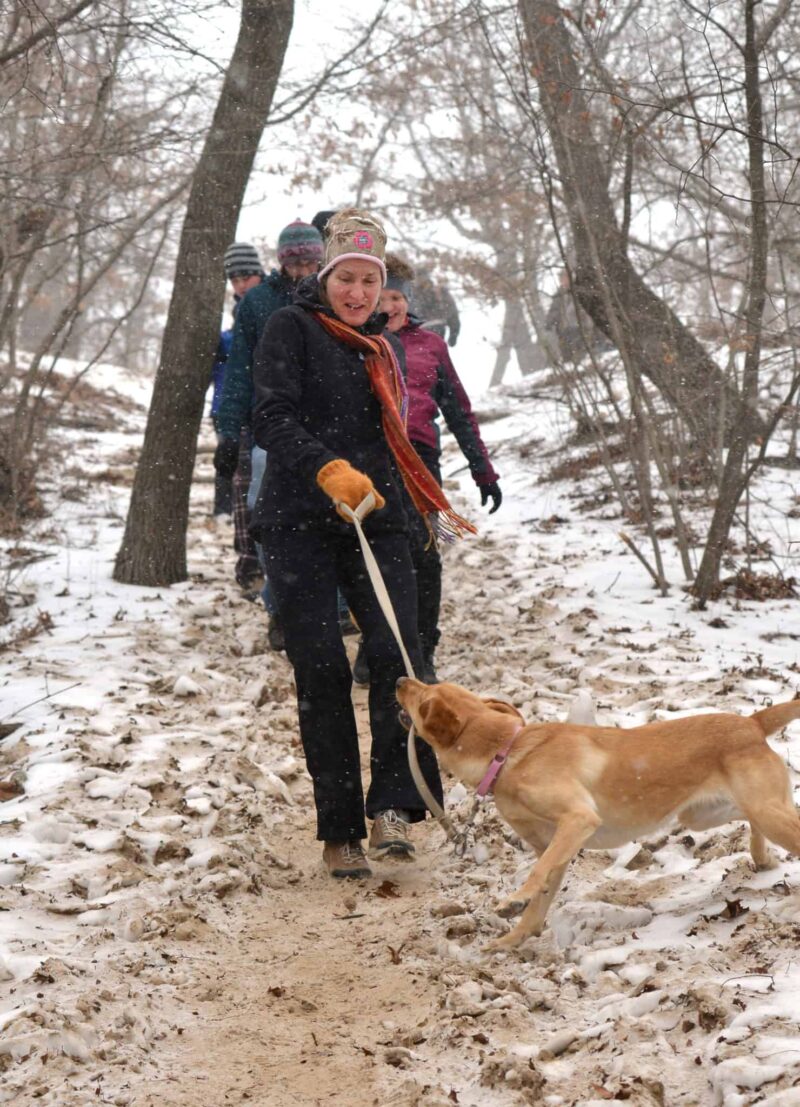
Bonnie Miller of Valparaiso is a regular First Day hiker at Indiana Dunes State Park. At Indiana Dunes, winter hiking is sometimes better than hitting the trails in other seasons; frozen sand is easier to climb.
“It’s refreshing,” Miller said. “It just feels good.”
Almost as popular as the First Day Hikes are the Christmas Bird Counts.
Christmas Bird Counts started in 1900 as an alternative to popular holiday bird shooting competitions. It has grown to involve roughly 60,000 participants a year in 2,200 locations across 20 countries. The counts are conducted between mid-December and early-January. The data collected offer biologists a treasure trove of information for studying the long-term status of birds.
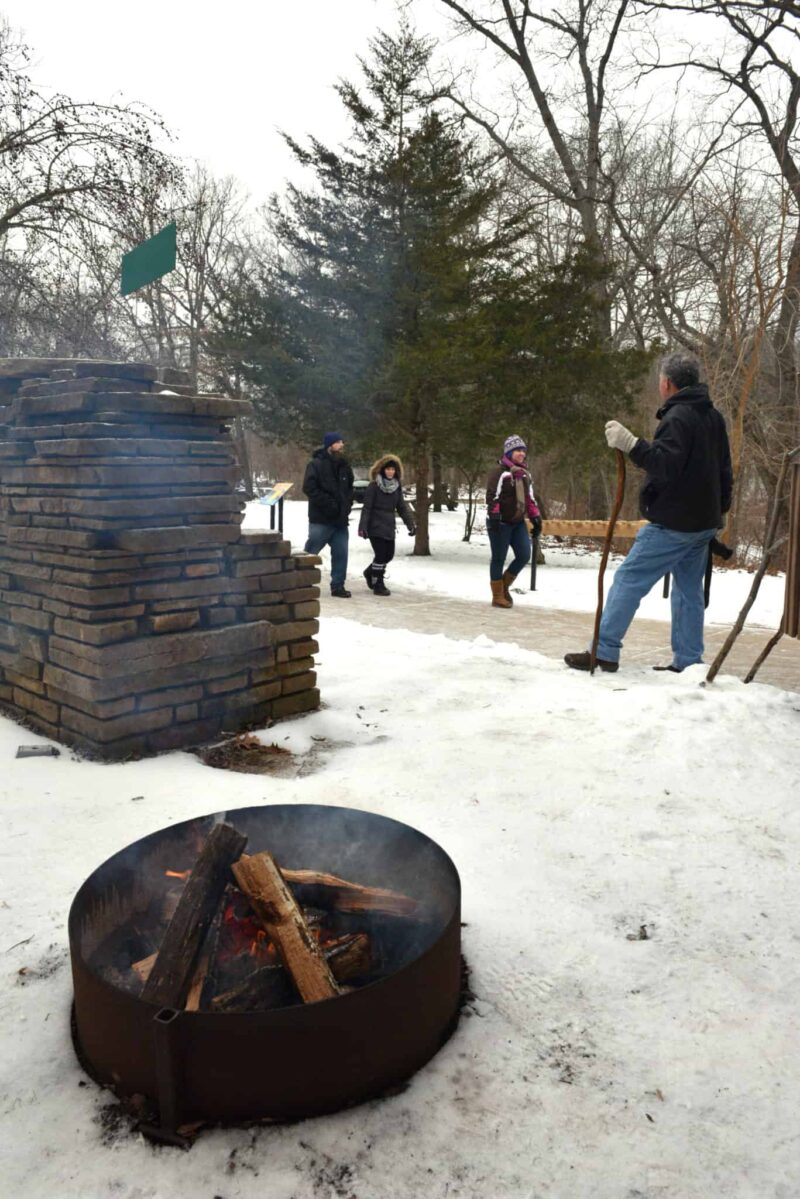
Indiana has 110 counts, and many of them take place in and around state parks. They’re a chance to meet like-minded folks and get some exercise. You don’t need to be an experienced birder either. To find a count near you, visit ChristmasBirdCount.org.
Like hiking and birdwatching, camping is another activity that many regard as a warm-weather pastime. But primitive camping sites remain available at most state park campgrounds throughout winter, offering full exposure to the elements for hardy, experienced campers.
Those campers include Ben Caudell and Jon Thompson.
For the past 10 years, the long-time friends have camped together in Indiana in December and February. The key, they said, is good gear and warm drinks. The advantage is fewer people.
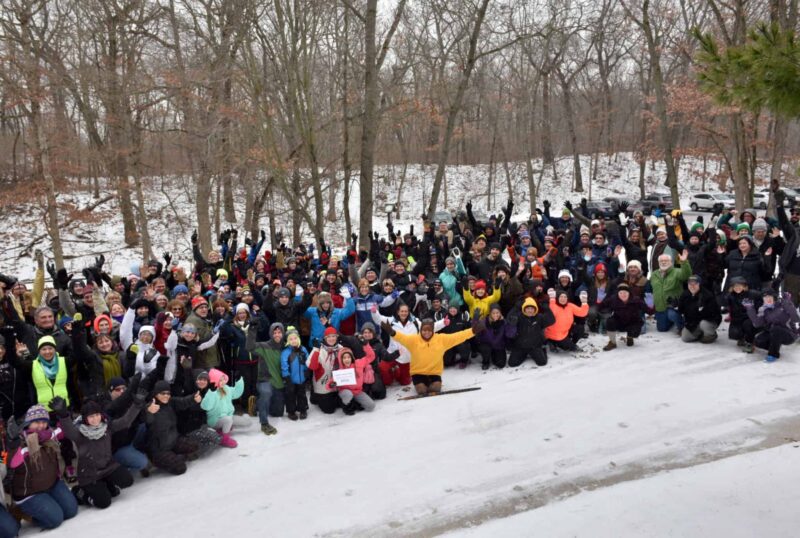
“In winter, there aren’t people in the campgrounds,” Thompson said. “That’s what is beautiful about it. We can act like we own the place for one night.”
Campsites are offered on a walk-in basis in the winter; no reservations are necessary in most locations. Make sure to register with the park office or gate. At most campgrounds, water is unavailable during winter so prepare accordingly. Some properties keep the electricity on for all or a portion of the campground. Check locally if you have questions.
If you’d prefer your overnight lodging to have such amenities as heat and a bed, you’re still in luck.
Combined, the seven charming state park inns offer more than 600 rooms, ranging from cozy queens to apartment-sized suites. Abe Martin Lodge in Brown County State Park, Potawatomi Inn in Pokagon State Park and Turkey Run Inn in Turkey Run State Park also operate cabins for guests looking for more space and privacy.
And an off-season special rate of two nights for the price of one, Sunday through Thursday, makes the inns an exceptional value.
Rates vary according to room type and time of year. They are kept affordable in keeping with the spirit of the state parks.
At Pokagon, not far from the inn, are three groomed cross-country skiing trails totaling 7 miles. They can accommodate skiers at almost all skill levels. Pokagon is the only park to rent skis to the public, and rentals cost $7 per hour for adults and $5 per hour for children 15 and younger.
Chain O’Lakes in Albion, Tippecanoe River in Winamac, Potato Creek near South Bend and Indiana Dunes in Chesterton also offer skiing trails, although visitors must bring their own gear.
But when it comes to winter recreation, Pokagon is best known for its toboggan run. The refrigerated, dual-track facility drops 90 feet over a quarter-mile. Regardless of weather, the run is open on weekends after Thanksgiving and through February. Thirteen bucks gets you and as many as three friends the use of a park toboggan for one hour.
One ride lasts 25 to 30 seconds. The fastest speed recorded was 42 miles per hour. The more weight on your sled, the faster it goes.
When the snow falls, many other parks offer traditional sledding too.
Fort Harrison, Potato Creek and Indiana Dunes offer sledding hills. Devil’s Slide, a 110-foot hill at Indiana Dunes, is especially popular among sledders, but windy winter storms sometimes blow the snow off the unofficial sledding course. Call (219) 926-1390 for conditions.
If you still aren’t convinced about a winter state parks visit, remember this–you are unlikely to encounter mosquitos, black flies, poison ivy or crowds. And let’s not forget skunks either.


